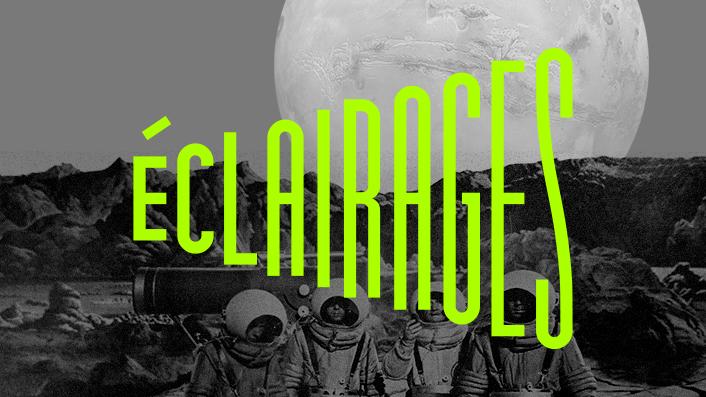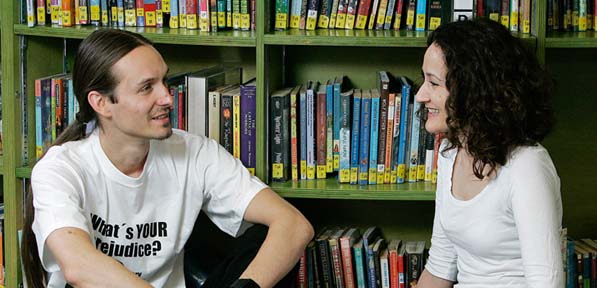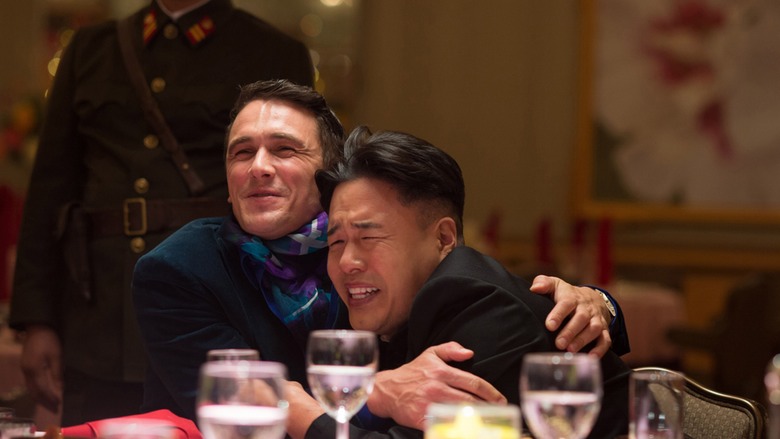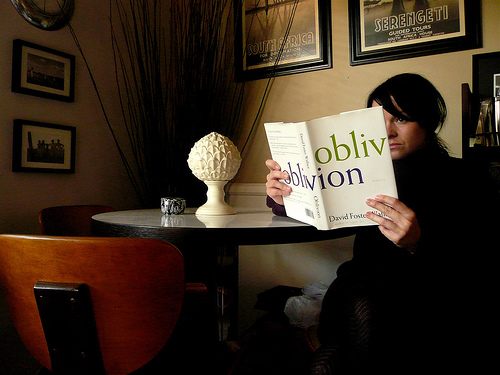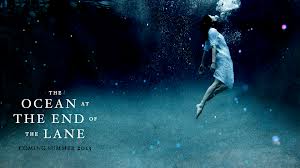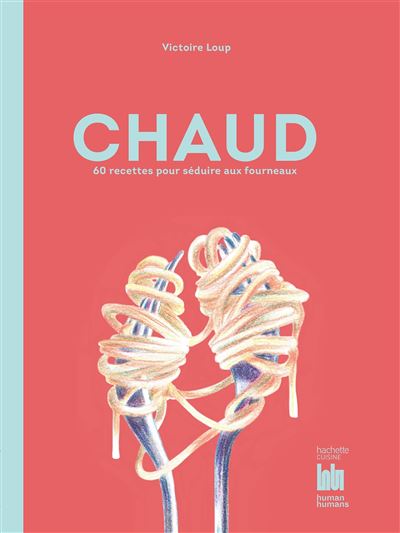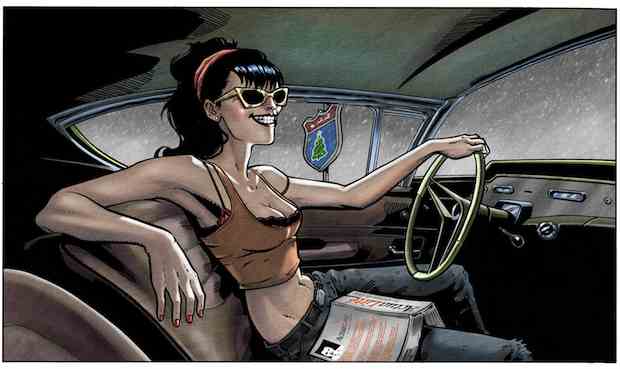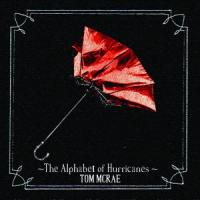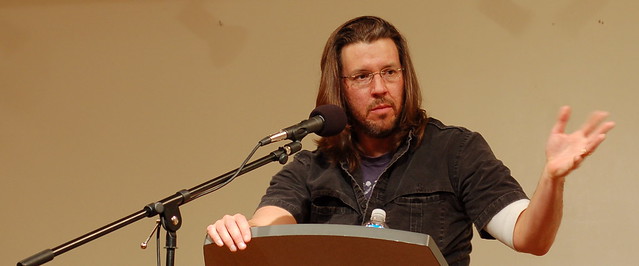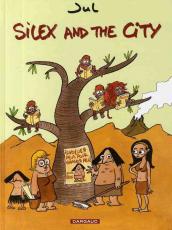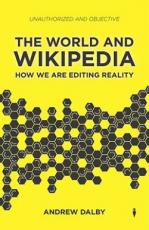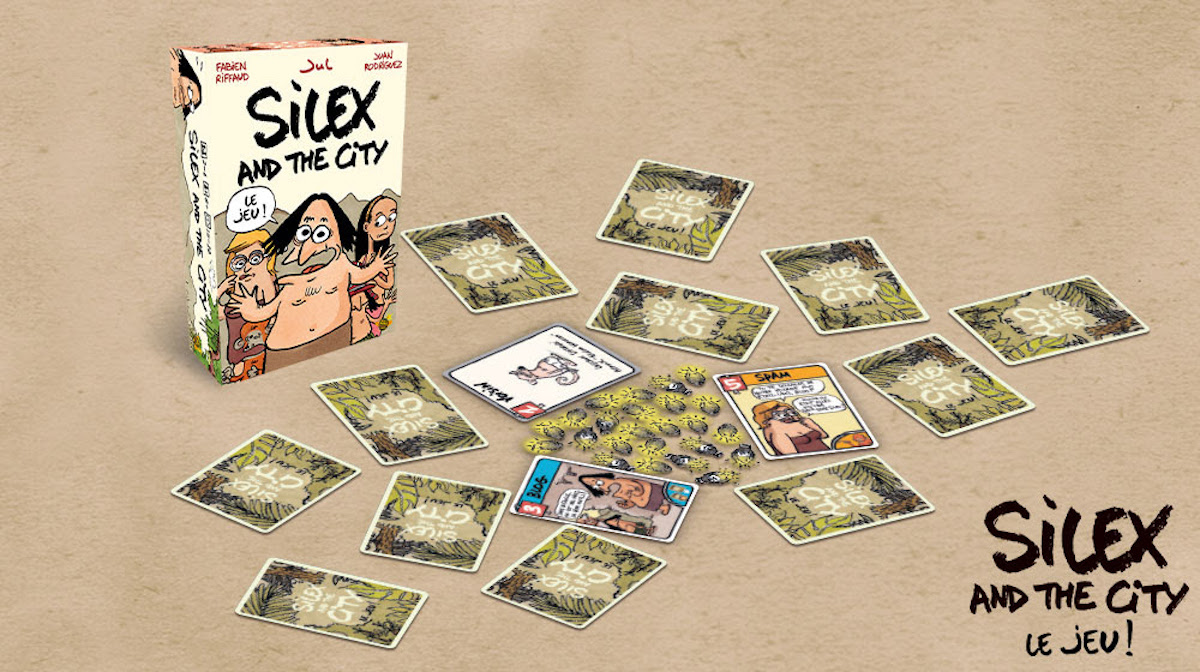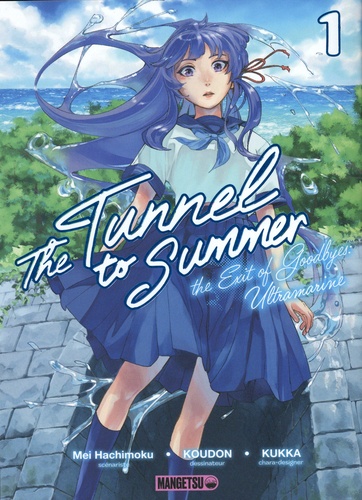The Undergrowth of Science. Delusion, self-deception and human frailty
Dossiers

Le trône de fer : les livres de la saga A Song of Ice and Fire de George RR Martin
Le trône de fer est une immense saga d’héroïque fantasy qui s’inspire de la série des Rois maudits de Maurice Druon. C’est au début des années 1990 que Georges R.R. Martin commence à écrire Le trône de fer, le premier volume est publié en 1996. En 2007, la chaine de télévision HBO acquiert les droits d’adaptations. L’auteur lui-même participe à sa production et écrit le scénario d’un épisode par saison.
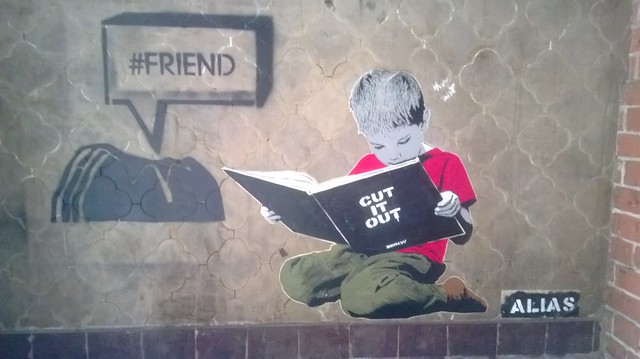
La SCELF face à la lecture publique : la redevance qui indigne
La lecture à haute voix de livres, en totalité ou sous forme d‘extraits, est considérée comme une “représentation”, et tombe de facto sous le coup du “droit de représentation”. Jusque-là, ce droit était géré par une société d‘auteurs, la SACD, mais depuis le 1er janvier 2016, et sans que grand monde en ait été informé, la gestion du droit de lecture est passée dans l'escarcelle de la SCELF, une société d'éditeurs.

Romans, nouveautés : les livres de Leïla Slimani
Leïla Slimani est une romancière et journaliste franco-marocaine née en 1981 à Rabat, au Maroc. Elle va faire ses études à Paris, où elle étudie la science politique et les relations internationales à l'Institut d'études politiques de Paris (Sciences Po) et le journalisme à l'ESJ Paris.
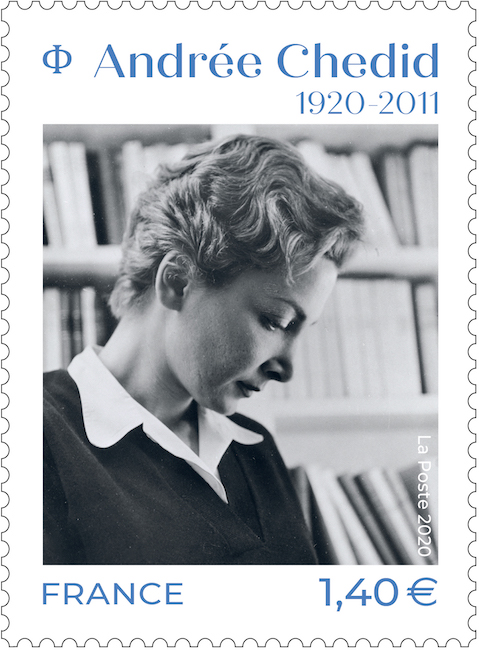
Livres, actualités : tout sur Andrée Chedid
Née le 20 mars 1920 au Caire, en Égypte, sous le nom Andrée Saab, Andrée Chedid y mène ses études, apprenant le français et l'anglais, et utilisant de manière ponctuelle l'arabe. Avec son mari Louis Selim Chedid, qu'elle épouse en 1942, elle part au Liban l'année suivante, où elle publie son premier recueil poétique, On the Trails of My Fancy, sous le pseudonyme A. Lake.
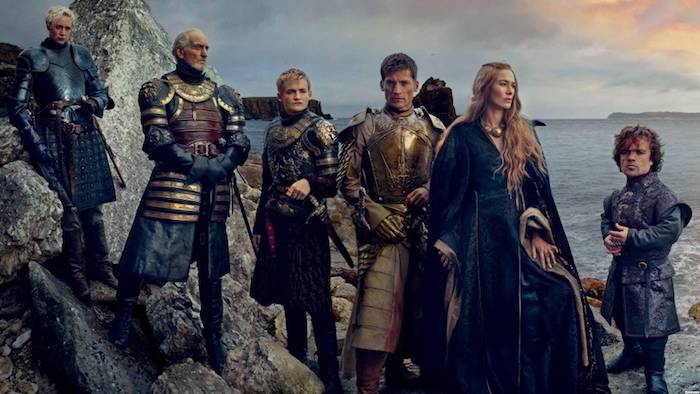
Game of Thrones, des livres de George R.R. Martin à la série HBO
Né en 1948 aux États-Unis, George R.R. Martin écrit au départ pour créer de nouvelles histoires mettant en scène les super-héros Marvel, puis pour tuer le temps, alors qu'il peine à trouver un emploi dans le secteur du journalisme. Petit à petit, il devient un auteur confirmé de nouvelles de science-fiction. Après avoir commencé une carrière comme scénariste de séries télévisées, il commence, au début des années 1990, à rédiger une saga de type fantasy, intitulée A Song of Ice and Fire et traduite en français sous le titre Le Trône de Fer.
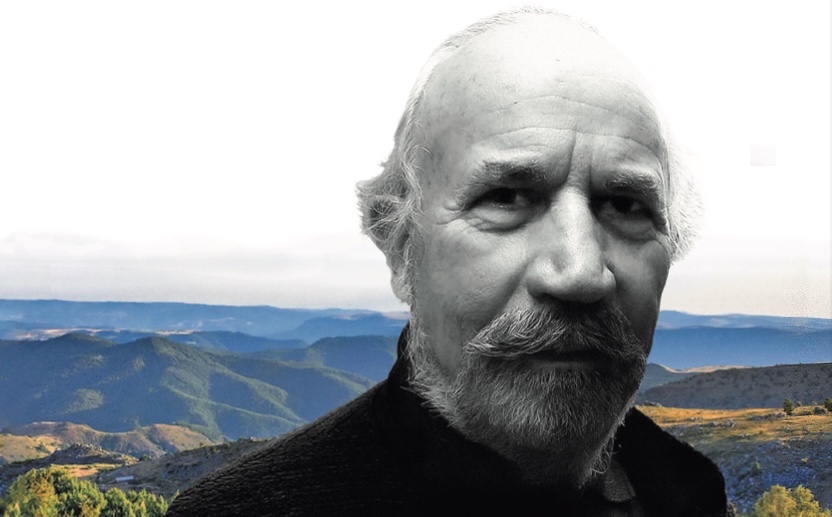
Philippe Curval, le touche-à-tout des lettres française
Philippe Curval est né à l'aube des années trente, a côtoyé les surréalistes, a fréquenté de nombreux écrivains comme Boris Vian ou Topor, participé à la naissance de la première librairie de science- fiction, de la première revue de science-fiction.
Extraits
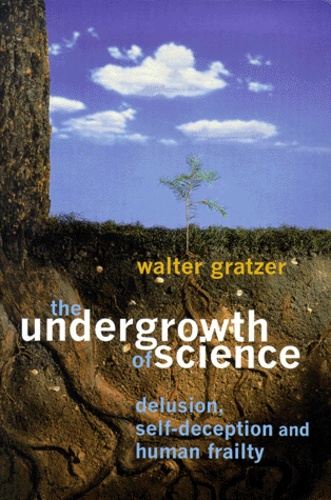
Histoire et Philosophiesophie
The Undergrowth of Science. Delusion, self-deception and human frailty
01/2000
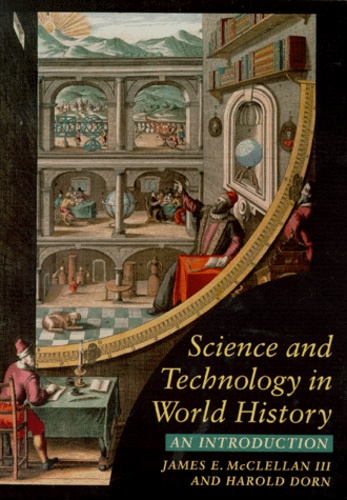
Histoire et Philosophiesophie
SCIENCE AND TECHNOLOGY IN WORLD HISTORY. An introduction
01/1999
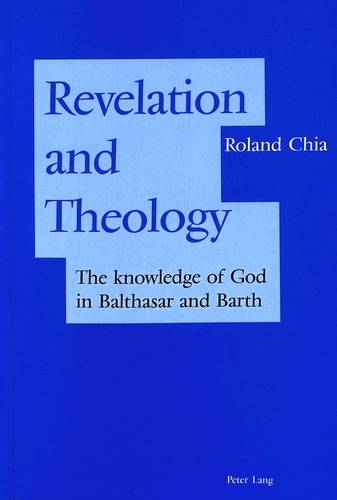
Religion
Revelation and Theology
11/1999
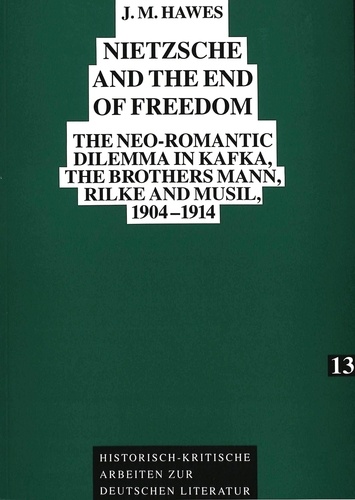
Non classé
Nietzsche and the End of Freedom
07/1993
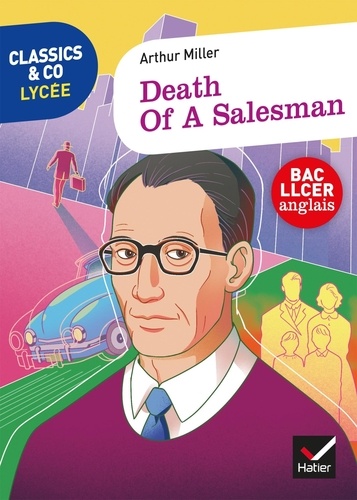
Lectures graduées
Death of a Salesman
08/2021
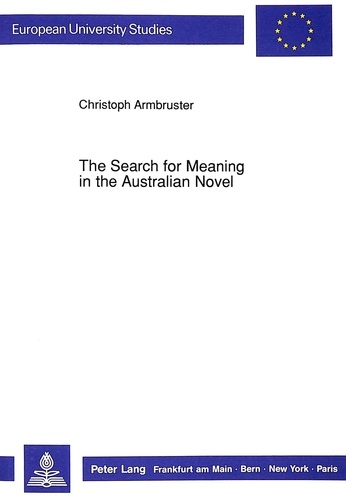
Sociologie
The Search for Meaning in the Australian Novel
10/1991

